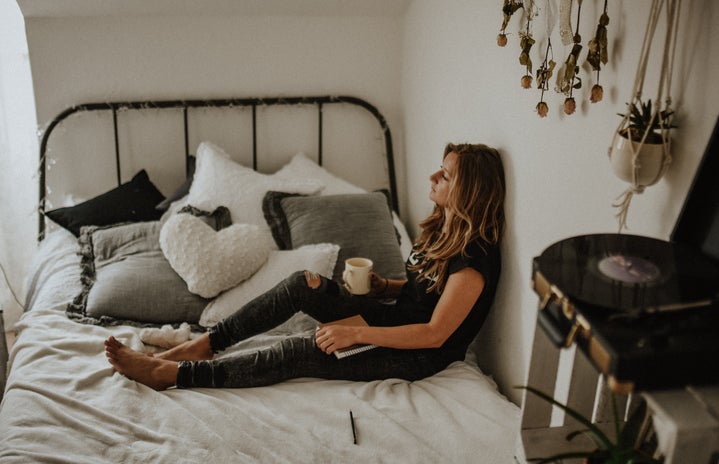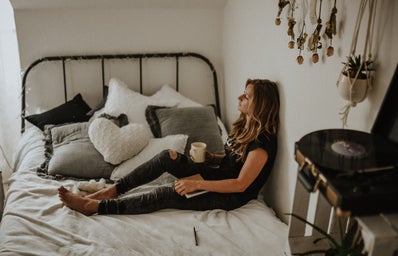While in college, I’ve had the amazing opportunity to make new friends and be surrounded by great motivators and energies. If I’m being honest, though, as seas of people surround me, I tend to feel like the world around me begins to crumble. I start to feel claustrophobic and anxious as my emotions spiral out of control. Now, this doesn’t just occur at crowded events. It can happen anywhere.
As ongoing classes and additive engagements consume my mind, it can become internally overwhelming. My freshman year of college has been a considerable adjustment period, and sometimes I feel like I have too much on my plate. This has resulted in stress, which triggers my underlying condition— social anxiety.
I, along with millions of others in the world, have social anxiety. While only so many people have their source of anxiety clinically recognized, there are still many others who go undiagnosed or who still experience signs of anxiety.
Anxiety is more relatable than recognized. Seemingly ordinary situations such as meeting new people or public speaking can be some of the most significant causes of social anxiety. So many of us become submerged in the dark holes that surround it. However, what I’ve come to realize about coping with my anxiety and stress is that the most helpful remedy is isolation.
Breaking away from others and taking time for yourself can be transformational for your mental health and well-being. This strategy has worked for me by bringing me peace in times where I’ve felt utterly distressed. Spending more alone time with ourselves can be a therapeutic solution when escaping social anxiety seems impossible.
The reasons why alone time is so imperative is addressed in the article from Forbes contributor Amy Morin, in “7 Science-Backed Reasons You Should Spend More Time Alone.” I didn’t know what to do about my social anxiety until I stumbled across this article. After reading it, I knew that solitude would be my place and time for comfort.
Like me, Morin is in favor of isolation. Now, I know the word “isolation” typically has a negative connotation, but removing any suspicion about this tactic could result in positive outcomes for people who suffer from social anxiety like me.
In the Forbes article, Morin lists some impacts of alone time:
- Alone time can increase empathy.
- Solitude increases productivity.
- Solitude sparks creativity.
- Being alone can help you build mental strength.
- Solitude may reduce behavior problems in kids.
- Being alone allows you to plan your life.
- Solitude helps you know yourself.
After reading Morin’s piece and taking the time to understand what benefits could result from isolation, I knew I had found a reassuring remedy for my social anxiety.
Sometimes, it’s okay to break away from the chaos that surrounds being social. Gaining stress or anxiety over those situations is nothing to be ashamed of and is more common than we may think. Seeking solutions for anxiety isn’t simple, but sometimes the best remedy can include disconnected, unwinding and taking time for ourselves in order to rebuild mental strength.



